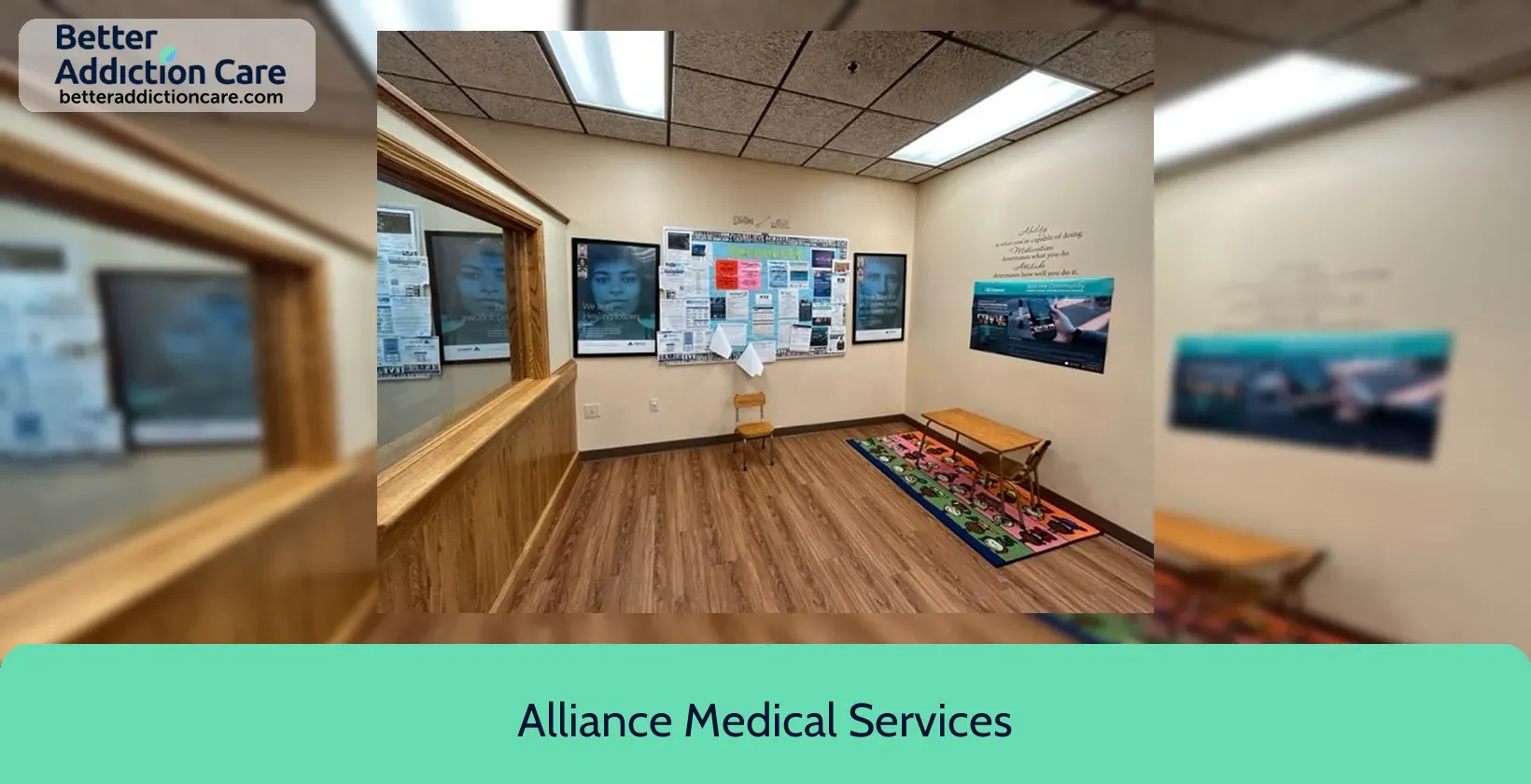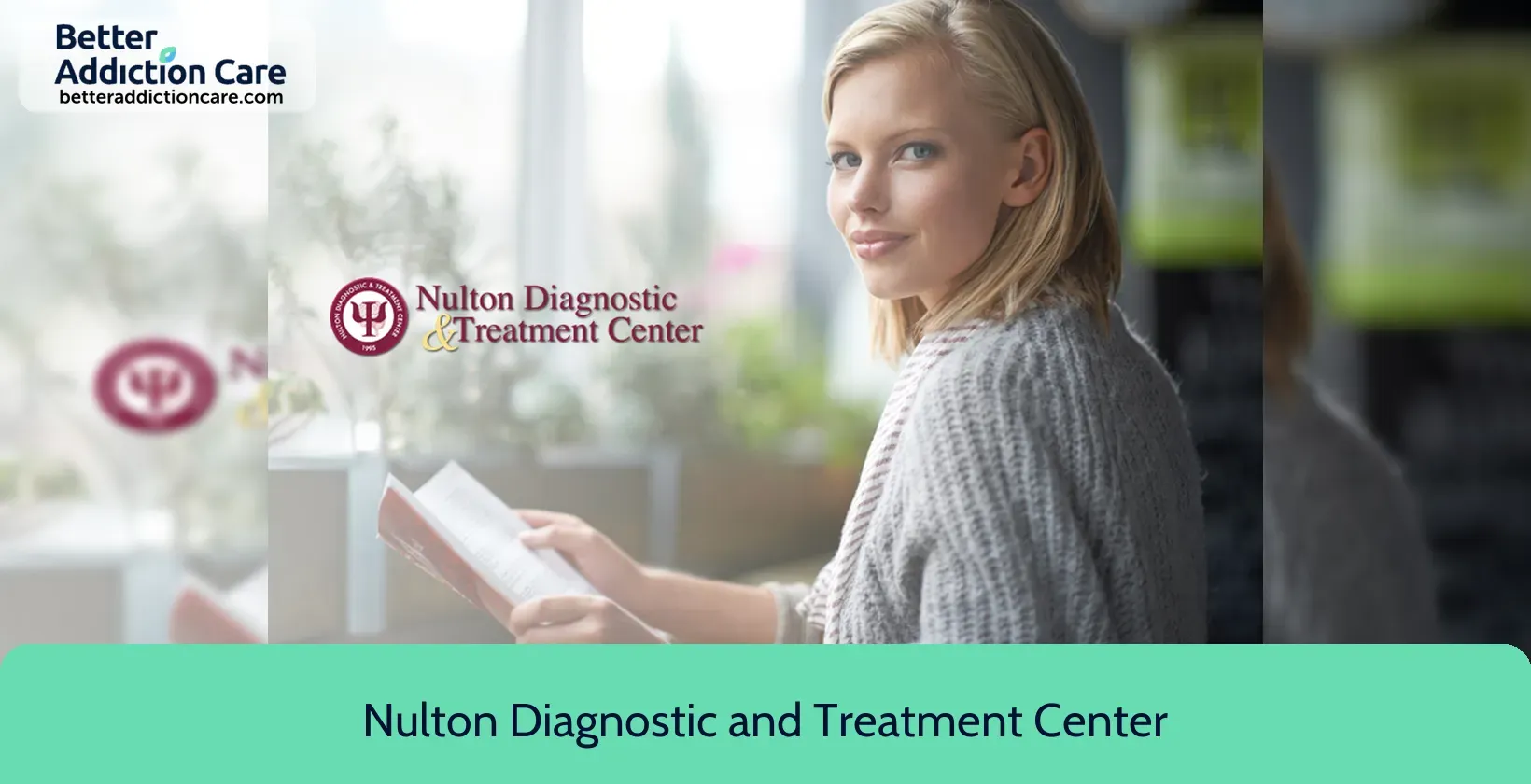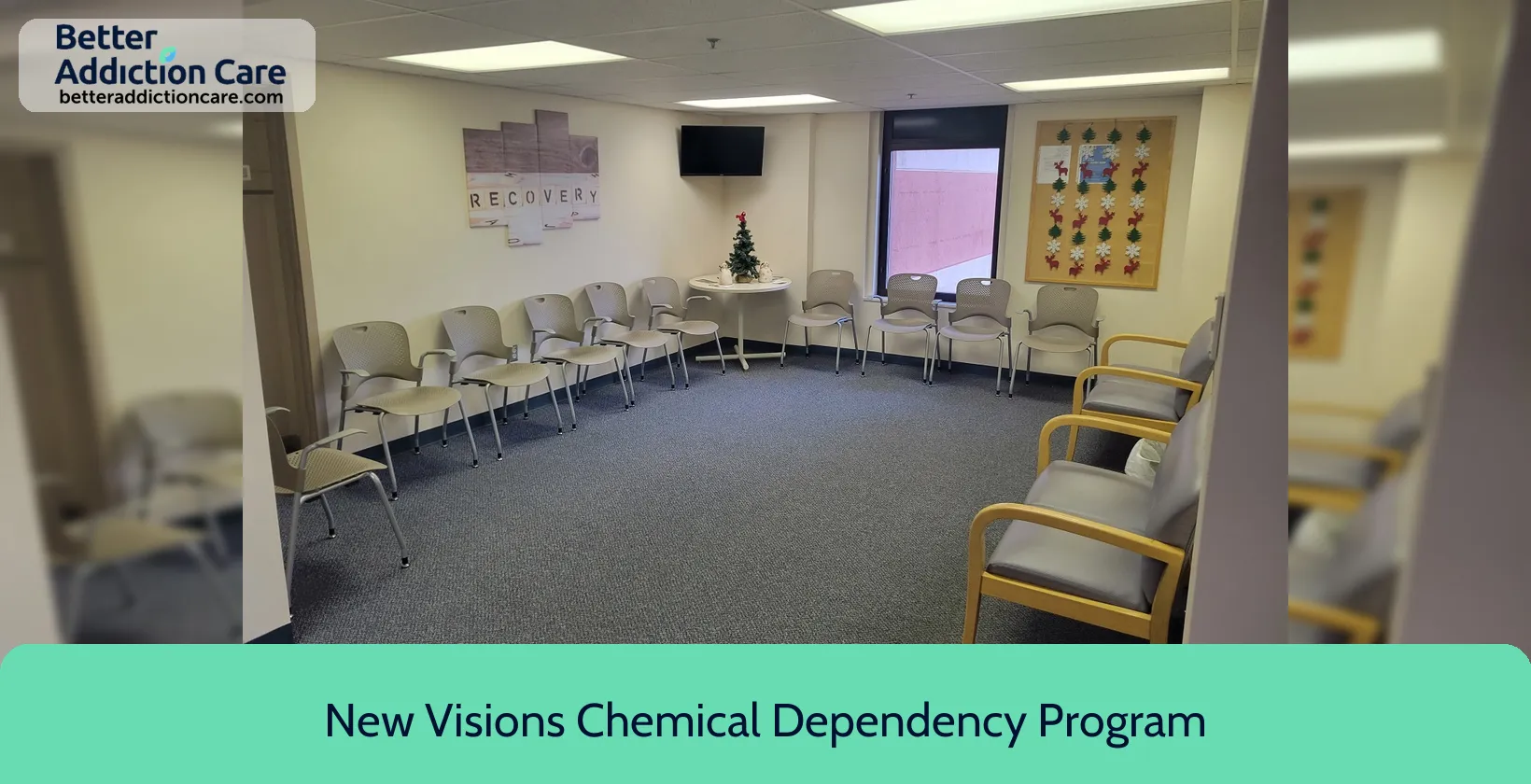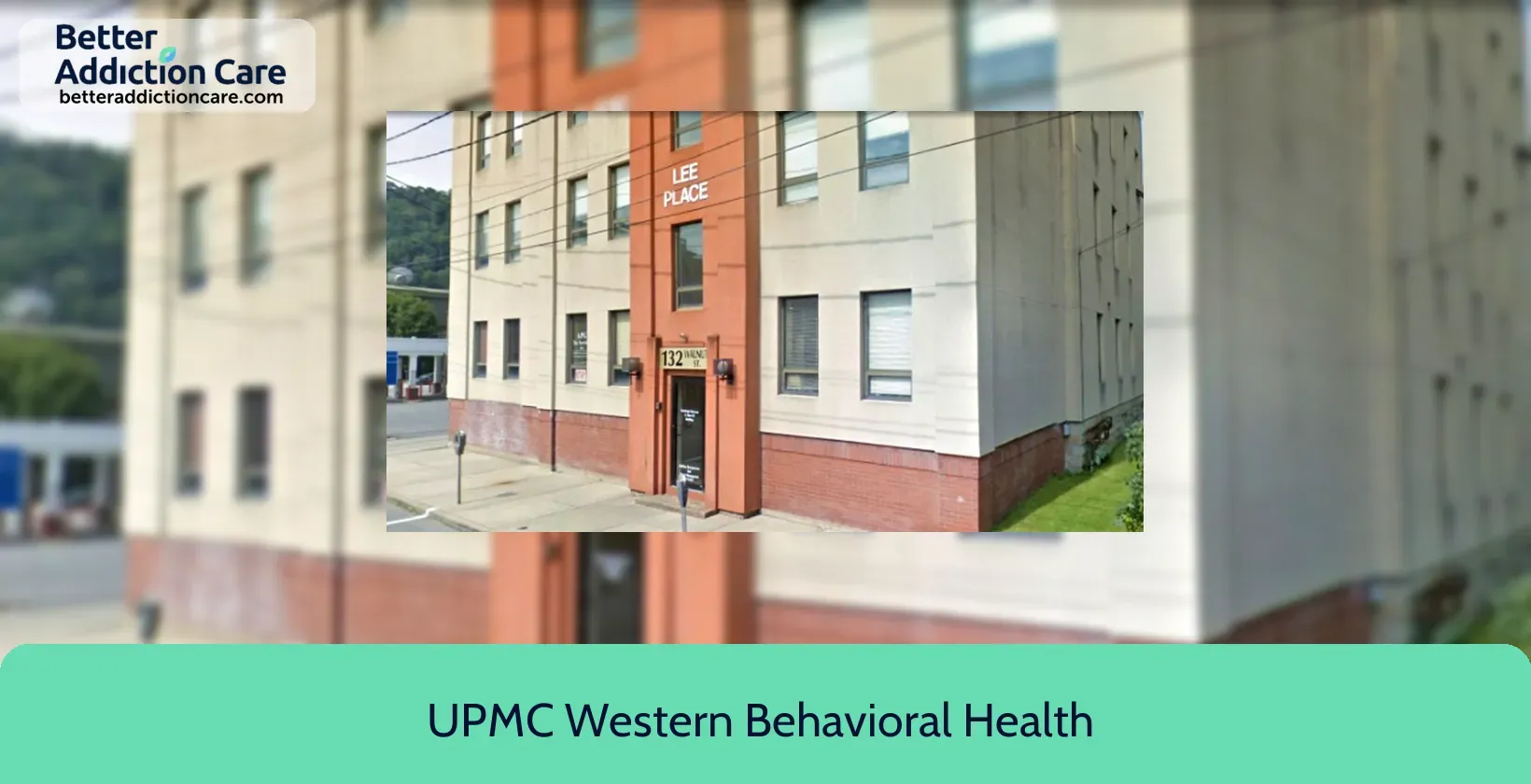UPMC Western Behavioral Health - Twin Lakes
Overview
Twin Lakes Center Outpatient is a non-profit rehabilitation center committed to provide professional treatment to those with opioid dependence, alcoholism, drug addiction, and substance abuse. It is situated in Johnstown, Pennsylvania. Twin Lakes Center, which is associated with UPMC Western Behavioral Health, provides services to people of all ages, including teens and adults. The facility's primary goal is to support people in starting and continuing their recovery journeys by providing superior clinical treatment delivered by a team of qualified experts.
The fundamental tenet of Twin Lakes Center's strategy is that healing is a continuous process rather than a one-time event. The center gives people the confidence to go after their own objectives and work toward creating better, healthier futures. Twin Lakes Center has continuously broadened the scope of its offerings since its founding in 1983 in order to guarantee that every client gets thorough, customized treatment that is catered to their unique requirements. The clinic is able to provide those struggling with addiction with the knowledge and attention required for long-term recovery because of its creative and compassionate approach to therapy.
Twin Lakes Center Outpatient is licensed by the state of Pennsylvania and recognized by the Substance Abuse and Mental Health Services Administration (SAMHSA). These certifications demonstrate the center's commitment to upholding the strictest care and compliance guidelines while offering a reliable and encouraging setting where people may boldly seek recovery and take back control of their lives.
UPMC Western Behavioral Health - Twin Lakes at a Glance
Payment Options
- Cash or self-payment
- Medicaid
- State-financed health insurance plan other than Medicaid
- Private health insurance
- Federal, or any government funding for substance use treatment programs
Assessments
- Screening for tobacco use
- Comprehensive substance use assessment
- Outreach to persons in the community
- Screening for mental disorders
- Screening for substance use
Age Groups
- Adolescents
- Adults
- Young adults
Ancillary Services
- Suicide prevention services
- Specially designed program for DUI/DWI clients
- Social skills development
- Transportation assistance
Highlights About UPMC Western Behavioral Health - Twin Lakes
7.09/10
With an overall rating of 7.09/10, this facility has following balanced range of services. Alcohol Rehabilitation: 8.00/10, Drug Rehab and Detox: 6.00/10, Insurance and Payments: 6.67/10, Treatment Options: 7.70/10.-
Alcohol Rehabilitation 8.00
-
Treatment Options 7.70
-
Insurance and Payments 6.67
-
Drug Rehab and Detox 6.00
Accreditations
SAMHSA certification for opioid treatment program (OTP):
SAMHSA's Opioid Treatment Programs (OTPs) accreditation is a rigorous recognition process that signifies an OTP's commitment to providing high-quality care for individuals dealing with opioid use disorders. It assures patients, families, and the community that the program adheres to evidence-based practices, employs qualified staff, and maintains a safe treatment environment. This accreditation is a symbol of quality and accountability, offering confidence in the program's ability to support individuals on their path to recovery from opioid addiction.
State department of health:

Government agencies issue State Licenses, granting rehabilitation organizations permission to operate their businesses lawfully within specific geographic regions. The specific licenses needed for legal operation are typically determined by the type of rehabilitation program offered by the facility and its physical location.
Treatment At UPMC Western Behavioral Health - Twin Lakes
Treatment Conditions
- Alcoholism
- Substance use treatment
- Co-occurring Disorders
- Mental health treatment
- Opioid Treatement
Care Levels
- Outpatient
- Outpatient day treatment or partial hospitalization
- Intensive outpatient treatment
- Regular outpatient treatment
- Aftercare
Treatment Modalities
- Cognitive behavioral therapy
- Telemedicine/telehealth therapy
- Substance use disorder counseling
- Group counseling
- Family counseling
Ancillary Services
Additional Services
- Pharmacotherapies administered during treatment
- Mentoring/peer support
- Breathalyzer or blood alcohol testing
Get Help Now
Common Questions About UPMC Western Behavioral Health - Twin Lakes
Contact Information
Other Facilities in Johnstown

6.74

6.93

7.33

6.83

6.83
DISCLAIMER: The facility name, logo and brand are the property and registered trademarks of New Visions Chemical Dependency Program - DLP Conemaugh Memorial Med Center, and are being used for identification and informational purposes only. Use of these names, logos and brands shall not imply endorsement. BetterAddictionCare.com is not affiliated with or sponsored by New Visions Chemical Dependency Program - DLP Conemaugh Memorial Med Center.

